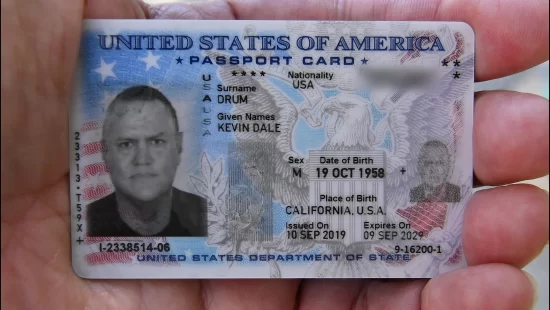If anyone knows about struggles, it’s Isabel Moreno. That’s why she’s outraged by everything she’s witnessing. She is the General Manager of a buffet-style restaurant, overseeing about 40 workers, the majority of whom are Latino.
“I feel offended, humiliated, seeing how they treat my community—it’s infuriating. I know these are hardworking people who have fought to get where they are, and now they’re being arrested as if they were real criminals. What they are is hardworking people who’ve tried to improve their living conditions, just like everyone else,” says this Peruvian woman, who has lived in the United States for decades.
She sees her employees as an extension of her family. She talks with them during these difficult times, gives them advice, and they know she’ll always be there for them.
Isabel knows what it means to fight. From a very young age, she worked in a coastal town in Peru known for its rich culinary traditions.
“Peruvian food is among the best in the world. I really like seafood—our dishes in general,” she says. And she learned from the best teacher: her mother, María, whom everyone affectionately called ‘la Chinita’.
“She earned people’s affection—they were amazed by her cooking. For a while, she ran a small event catering business. It was a family affair: my sister, brother, and I helped her. That’s where I began to learn the family’s culinary secrets,” says Isabel.
Isabel was a curious and eager child, always wanting to learn. Her family demanded strict discipline.
“As a girl, I wanted to be a veterinarian, then later work in commercial aviation or accounting,” she adds.
At 15, she started working for maritime and travel agencies. She wanted to be productive and contribute to her family.
“I know very well what it means to work—I started when I was very young,” she recalls.
Her childhood also included play. She loved sports and practiced them. Dolls were also part of her life, as was reading.
“I really loved to read. I was fascinated by romanticism, poetry,” she says, recalling the names of Pablo Neruda and César Vallejo, great Latin American poets.
Her decision to migrate came early. She had a daughter with special needs and had to find a way forward. What she earned in her hometown didn’t cover hospital and medical expenses. She decided to try her luck. Her mother and sister had already moved to California, and she decided to join them.
“I was lucky to get a visa, but my daughter wasn’t granted one. I decided to leave her with my father and some aunts, and I set myself a goal: to work tirelessly until I had enough money to bring my daughter to join me. That’s the mindset I had when I came to the United States,” she shares.
And that’s exactly what she did. Within days of arriving in Los Angeles, she was already working. Soon, she had up to three jobs—at a restaurant, caring for an elderly person, and as a nanny.
“I was serious about my goals. I had learned a saying from my grandmother: ‘You have to save bread for March.’ It means you have to save, and I was good at that,” she remembers.
Her motto was “move forward, work hard.”
She built her career in the buffet restaurant industry. She started at the bottom and climbed to the top. She knew the operation so well that they would send her to coordinate the opening and launch of new restaurants in other cities and states. Her days, her hours, were all dedicated to work and to her daughter, whom she was eventually able to bring to the U.S. She showed the U.S. government that she didn’t need financial help—she could support herself and her daughter.
“I’ve lived a life full of responsibilities. I’m on my own in this, I have to be strong. I’ve gone through very hard times in my life and with my daughter, but being the way I am is what’s helped me succeed. I’m a mother who’s done the impossible to give her daughter emotional security and help her become who she is today,” she says.
Isabel’s attitude defines the immigrant worker—never giving up, even in the toughest situations.
“I see myself in them. I’m already a citizen, but even that doesn’t guarantee anything these days. I’ve never seen the atrocities I see now. We all come here with a dream and we fight for it. Only blind people can’t see that immigrants are the ones holding this country together. Instead, they’re throwing us in jail. They’re being hunted. I speak for my people, my brothers and sisters—we have to raise our voices. I ask God to touch Trump’s heart and end this. Workers are terrified, whether they’re citizens or not,” she adds.
And she points out something that distinguishes immigrants:
“They’re afraid, they live with suspicion—but once they start working, they leave that behind. They’re the best, they’re fighters. I hope this human hunt ends. I tell my coworkers at work that we have to be strong, keep a positive mindset, and overcome the fear… Everything that goes up, must come down.”








